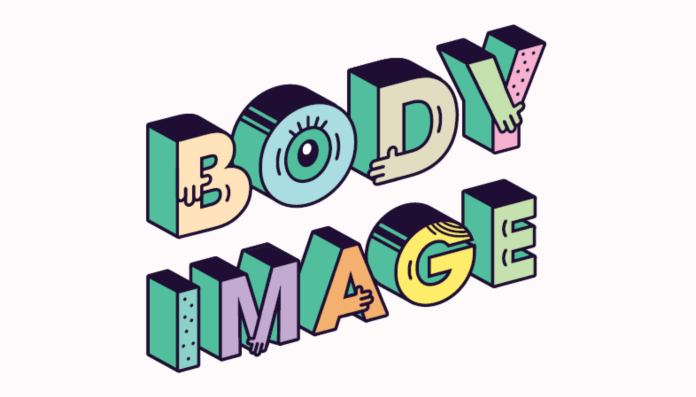The Mental Health Foundation’s Peer Education Project is a secondary school-based project that gives older pupils the tools to deliver mental health lessons to younger pupils.
The project has worked with pupils and staff from participating secondary schools to create the Body Image: how we think and feel about our bodies School Pack, which is available for all schools across the UK.
This school pack will provide the materials and resources needed to support pupils to understand what body image is, what affects body image, the impact it can have on our mental health and wellbeing, and how to develop and maintain a good body image. The pack is designed to be used in secondary schools, but it has lots of useful information for primary schools too. It is available in English and Welsh.
The pack includes:
-
A lesson plan with PowerPoint slides and a script, as well as accompanying worksheets that have the option for greater individual pupil engagement on the topic
-
An assembly plan with PowerPoint slides and a script to support the development of a whole-school approach to body image and mental health.
-
Helpful guides for pupils, school staff, and parents/caregivers on what body image is, why good body image is important for mental health and wellbeing, top tips on how to develop and maintain good body image, as well as useful topic-related resources
Register for our pack
This pack is available for all schools free of charge.
We’d encourage all schools using this pack to support our charitable work by making a suggested £5 donation.
Download the 'Body image school pack'
This pack is available for all schools free of charge.
Download
If I could say something to each and every teenager whatever their gender and wherever they live it would be this – appreciate what your body can do not what it can’t do – and in the words of Little Mix ‘take off all my makeup ‘cause I love what is under it.’
By providing opportunities for children and young people to understand what body image is and how it is connected with mental health and wellbeing, we can support them to take steps to develop and maintain a good body image and protect their mental health and wellbeing.
In 2019, we commissioned a YouGov, UK-wide survey as part of our Body Image report for Mental Health Awareness Week.1 We found that one in five adults (20%) felt shame, just over one third (34%) felt down or low, and 19% felt disgusted because of their body image in the last year. We also found that 37% of teenagers felt upset, and 31% ashamed, in relation to their body image. This followed on from our findings in 2018, where body image concerns were identified as one of the biggest challenges facing young people in the UK, alongside concerns of ‘lack of employment opportunities’ and ‘failure to succeed within the education system.2
If you need support
Samaritans: If you need someone to talk to then Samaritans are available on 116 123 (UK) for free, 24/7. They are there to talk to, listen and they won't judge or tell you what to do.
Mind: If you are looking for professional support then Mind can help you with their Infoline. They can find information for you on what support is available in your local area. You can call them on 0300 123 3393 (UK).
BEAT – Eating Disorders: If you want to speak to a trained eating disorder helpline support worker then you can call Beat's helpline on 0808 801 0711 (UK).
SEED – Eating Disorders Support Services: providing confidential independent and non-judgemental advice and support, you can contact them on 01482 718130.
References:
1 Mental Health Foundation. (2019). Body Image report. Available online: Body image report | Mental Health Foundation
2 Mental Health Foundation. (2018). Stress: Are we coping? Report. Available online: Stress: Are we coping? | Mental Health Foundation
[1] Mental Health Foundation. (2019). Body Image report. Available online: Body image report | Mental Health Foundation
[2] Mental Health Foundation. (2018). Stress: Are we coping? Report. Available online: Stress: Are we coping? | Mental Health Foundation